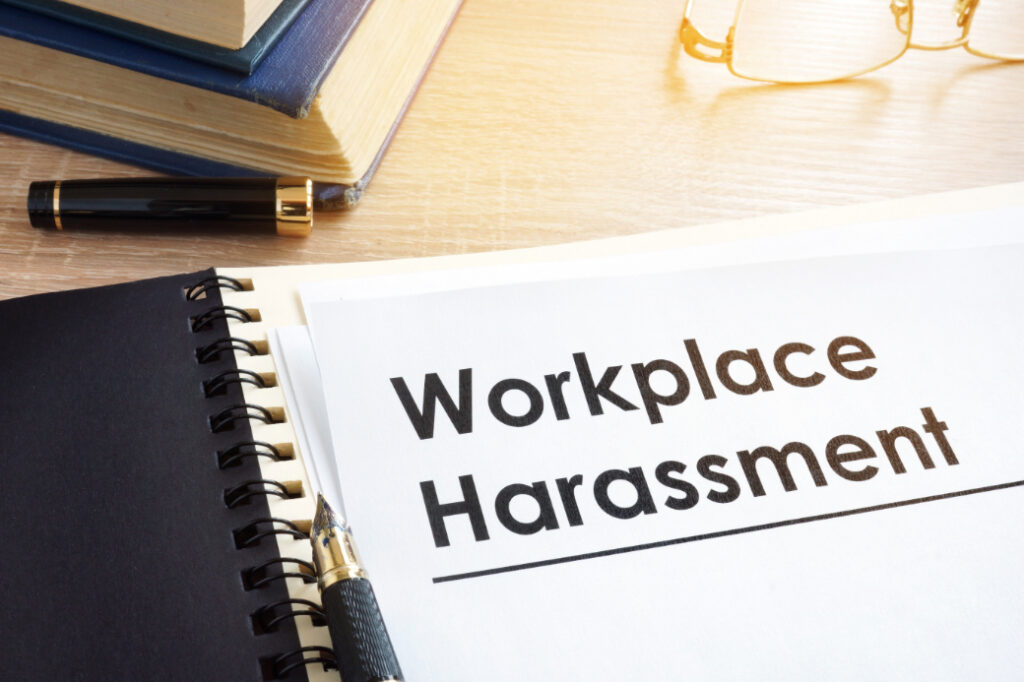
It is crucially important that employers are aware of the ‘reach’ of rules on harassment in the UK. A recent Employment Appeal Tribunal decision serves as a reminder that conduct can constitute harassment under Equality Act 2010 even where the perpetrators did not intend to harass.
The legal test for harassment requires the conduct to ‘relate to’ a protected characteristic. It also covers cases where the purpose of the conduct was to harass and where, regardless of intent, it had a harassing effect. When considering whether conduct had a harassing effect, tribunals must take account of the following:
- The employee’s perception;
- The other circumstances of the case; and
- Whether it is reasonable for the conduct to have that effect.
Logo v Payone and others
In Logo v Payone and others, Mr Logo brought several claims of racial harassment, which included:
- That a colleague attended a work party wearing blackface makeup.
- The colleague told Mr Logo they’d heard a rude joke involving a black man and an animal.
- And a video advert for “Pure Blonde” beer – depicting a world of white, blonde people – was shared on a team WhatsApp group where he was the only black member.
The tribunal finding
The tribunal found that the first two incidents had occurred and amounted to racial harassment because of their ‘effect’ on Mr Logo. It held that the sharing of an advert for “Pure Blonde” beer on WhatsApp did not ‘relate’ to the protected characteristic of race and that it was not reasonable, in any event, for the conduct to have had a harassing effect on Mr Logo.
The Employment Appeal Tribunal disagreed
The Employment Appeal Tribunal decided that the tribunal had been wrong to conclude that the circulation of a video “that depicts a utopia of white, blond people who are ‘pure’” did not ‘relate to’ race. When looking at the ‘effect’ of the video the tribunal had also failed to consider:
- The perception of Mr Logo – focussing instead on the fact that the person posting it thought it was funny.
- The circumstances of the case – including that the video was posted without explanation in a group of which Mr Logo was the only black member.
The need for better training
Harassment training should clearly explain to employees that something which they regard as harmless ‘banter’ can still be unlawful harassment if it has a harassing effect on a colleague. Clear parameters of appropriate workplace conduct should be set, and employees should be reminded to ‘think before they speak’ and ‘think before they post’.
Further reading
- Discrimination – Your rights – Gov.uk
- Your rights under the Equality Act 2010 – EHRC
- The Equality Act 2010 – Gov.uk
If you enjoyed this blog then perhaps you’d like to sign up to our monthly newsletter. We’ll keep you updated on what’s new in employment law.
The team at Hunter Law is here for you. We can handle your HR issues, finesse your policies, and keep you up-to-date on evolving legislation. Please get in touch with our legal team, we’d love to help.

